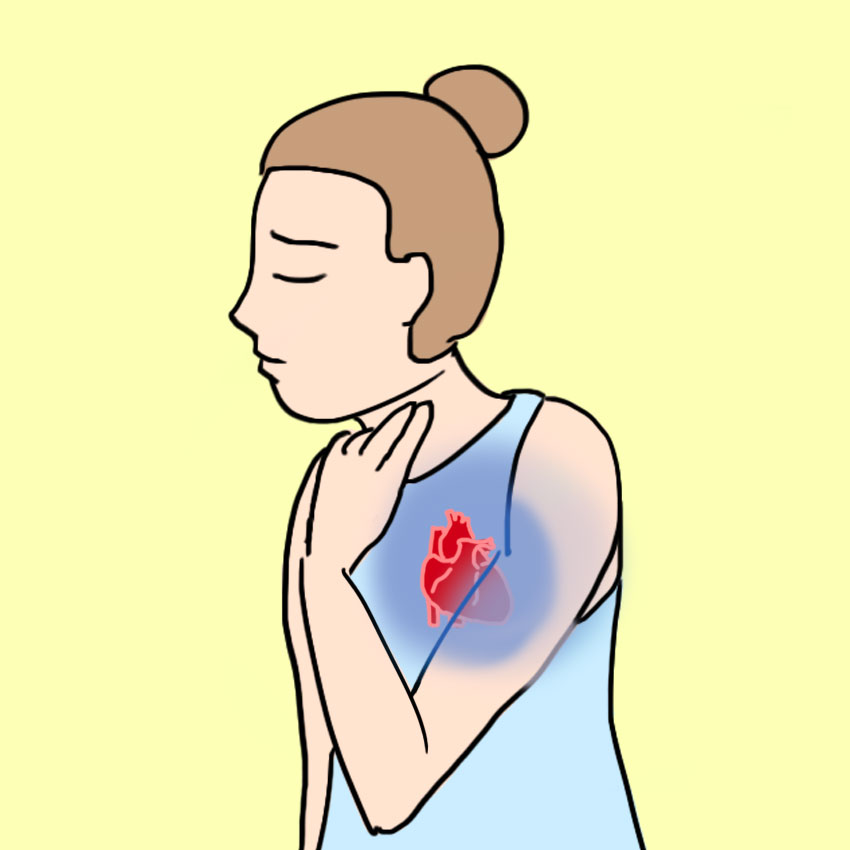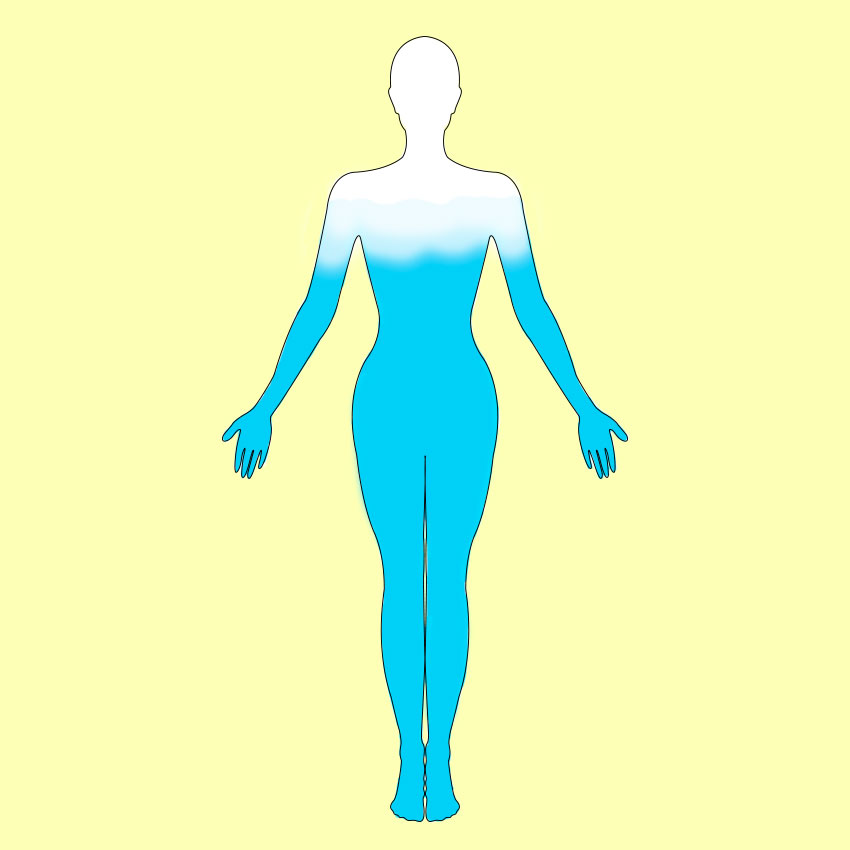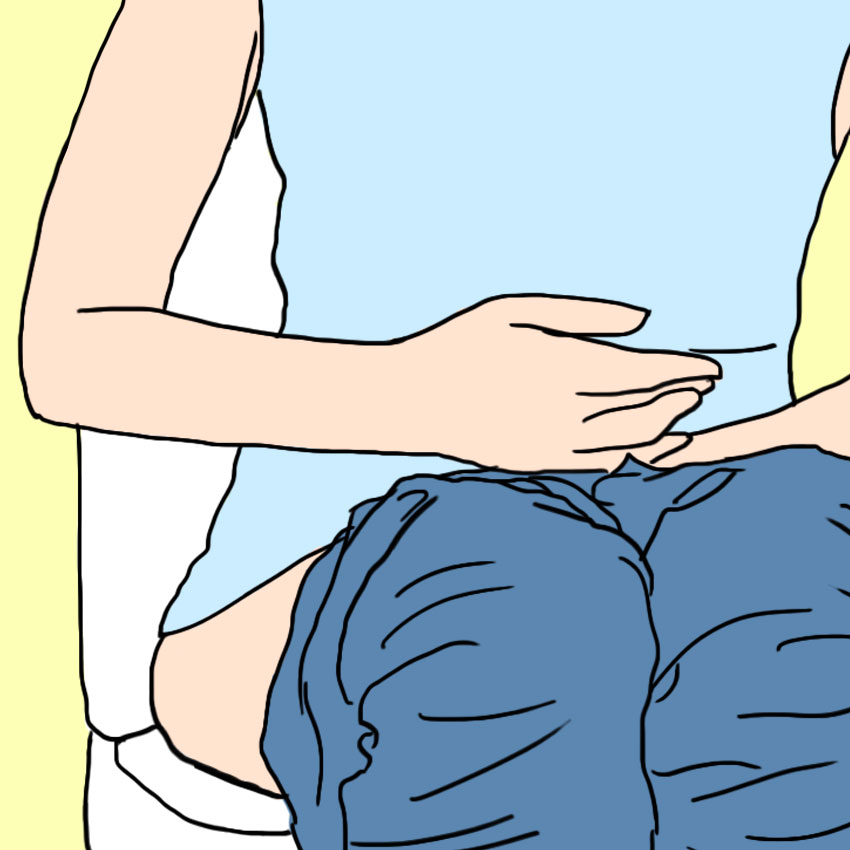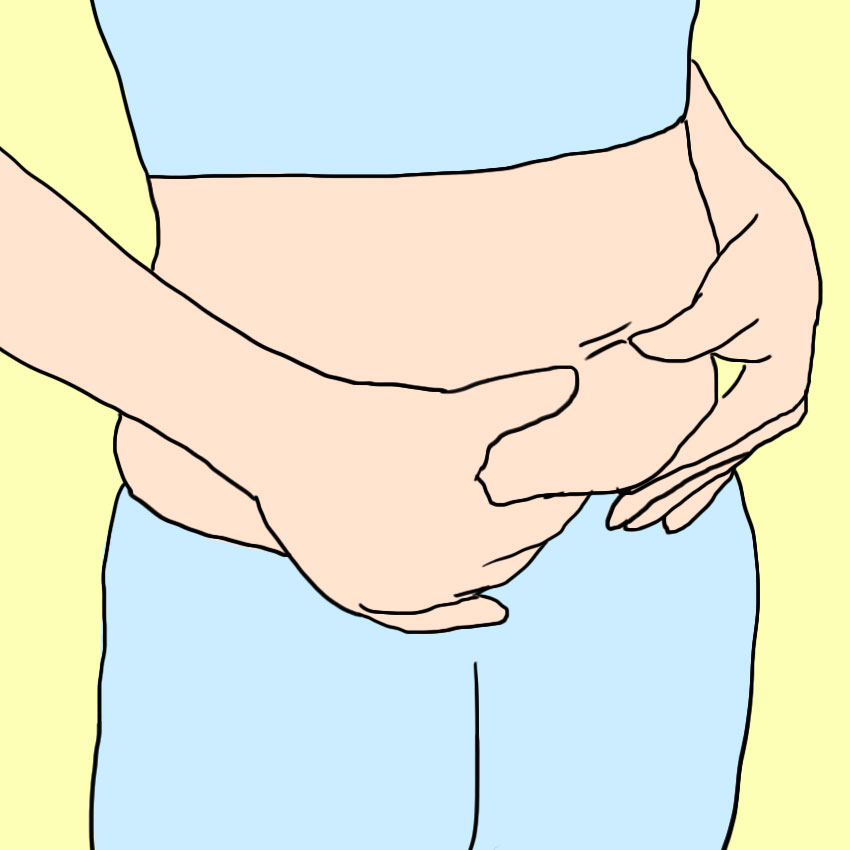On a hot day in the middle of summer, there’s often nothing that you crave more than a nice, icy-cold glass of water to help relieve you of the heat and humidity.
But if you find yourself reaching for the ice tray, you might want to hold on for a second.
As it turns out, much like iced tea, plain old ice water hides all sorts of hidden dangers for your health.
When we first read about it, it came as a complete shock. Drinking water is supposed to be the ultimate no-guilt consumption. After all, it’s organic, all natural, and calorie-free.
As it turns out, it’s not the water that we have to watch out for. Plain old water is still as safe as ever.
The issue is the ultra-low temperature, which can wreak havoc in our bodies and cause all sorts of unintended discomfort.
Scroll through the gallery below to see exactly what ice water is doing to your health.
Hidden Danger #1: Upsets Digestion

Drinking cold water can upset your stomach, leading to abdominal pain, gurgling, and nausea.
That's because cold temperatures are anti-inflammatory and cause blood vessels to retract.
On a swollen ankle, cold makes swelling go down, but internally, it makes the stomach contract and become too tight to process food efficiently.
Hidden Danger #2: Saps Energy

Cold water is a major drain on your energy, and might leave you exhausted and faint.
Many people drink cold water for a pick-me-up, since the cold temperature serves as a quick stimulant.
However, as it works through your system, your body has to expend extra energy on warming the water up to body temperature, exhausting you in the long run, according to Free People.
Hidden Danger #3: Irritates Throat

You know how your nose gets runny and stuffed up when you're outside on a cold winter day?
That's because your body creates mucus as a natural humidifier to warm and moisten air before it reaches the lungs.
Cold water creates the same bodily response, but without the need for it.
Instead, you just end up with a whole lot of extra mucus stuck in your pipes, making your throat sore.
Hidden Danger #4: Slows Heart Rate

Drinking cold water flushes chilly temperatures straight past your spinal cord and into your body cavity.
Your body will work as quickly as possible to warm it up, but the cold temps inevitably affect some of the surrounding systems, including the very important vagus nerve running down the back of your neck.
The vagus nerve controls, among other things, heart rate, and may slow the heart as an emergency response to a sudden drop in temperature.
Hidden Danger #5: Hinders Hydration

As we mentioned earlier, the body doesn't have a ton of use for water that's colder than the rest of the fluid in the body.
It has to warm up the liquid to the standard 98.6 degrees before it can be put to work in the blood stream and the digestive tract, so drinking cold water just slows down your body's rehydration process.
The only exception to this is distance runners, according to Livestrong, who might rely on the delayed response mechanism to maintain water levels during a long run.
Hidden Danger #6: Blocks You Up

Gulping down cold water can have all sorts of unintended effects on your digestion.
For some people, it might lead to the "runs," because the body will be too exhausted to digest efficiently and will simply expel much of the water and food.
For others, it's likely to lead to constipation, because the cold causes food to solidify and harden, and makes the intestines contract tightly.
Either way, you're out of luck.
Hidden Danger #7: Hurts Head

When you were a kid, you probably got your fair share of "ice cream headaches"—sudden throbbing pain from cold foods that radiates up to your head.
Ice water can cause the exact same reaction up and down your torso, as it chills the many sensitive nerves of the spine.
Your spine will send the message straight up, causing headaches, and you may also get chills and body aches from the cold.
Hidden Danger #8: Leads To Extra Fat

There's a common myth that drinking cold water helps with weight loss because it forces your body to do more work and thus burn more calories.
Strictly speaking, this is true, but the calories burned are offset by the negative side of the equation.
Cold temperatures make fats in your body harden and congeal, which in turn makes them harder to burn or digest.
As a result, your body is likely to digest and burn easier compounds, and leave the hardened fats behind.
If you were fascinated to learn the truth about ice water, make sure to SHARE this important warning with friends and family for the hot summer months!




